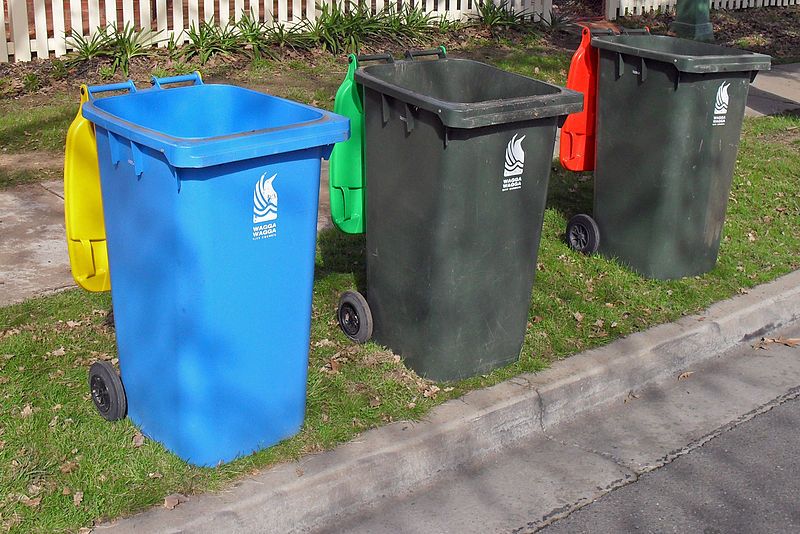More UK councils charging for recycling
More UK councils are charging for the collection of green waste, according to a BBC report. Some councils are charging up to £70 a year for people to have a green bin.

More UK councils are charging for the collection of green waste, according to a BBC report. Some councils are charging up to £70 a year for people to have a green bin. It is seen by many councils as a way to raise additional funds after the stringent budget cuts as part of the austerity drive.
With more councils now considering the move, it makes the UK’s recycling targets much more difficult to maintain, let alone improve. The UK lags considerably behind many European countries, some of which recycle 70 per cent or more of domestic waste, compared to around 40 per cent for the UK.
Not only does the move to paid collections reduce the recycling rates, it can also negatively impact those without cars or on low incomes, who cannot afford to take their green waste to central collection points.
Those defending the charge argue that much of the waste taken by councils as part of gardening or green waste can be composted by the homeowners, which is better for the environment than operating a fleet of vehicles. Without incentives to recycle however, there is likely to be an overall decrease in the amount of recycling taking place. Joy Blizzard, from the Local Authority Recycling Advisory Committee (LARAC) for example says, "It often comes down to a choice for councils - do you keep an old people's home open, spend money on meals on wheels or collect green waste for free?"
Blizzard also says, “If you have a big garden and you decide to grow a lot of fruit and vegetables which produces a lot of green waste it's your responsibility." This rather undermines her argument, as after all, we should be encouraging people to recycle, compost and produce their own food. It is those not undertaking these measures that are at fault.
One might use the comparison of a library – those who do not use it are still paying for it through tax, but that is not an argument for making only those who use it pay. That would impact on the low income, disadvantaged groups that rely on the service, just like charging for recycling would.
It is worrying that this trend is growing, with around 5 per cent of councils looking to implement a paid scheme in the coming years. It is essential that the government steps in and makes recycling a priority despite and because of the recession.




